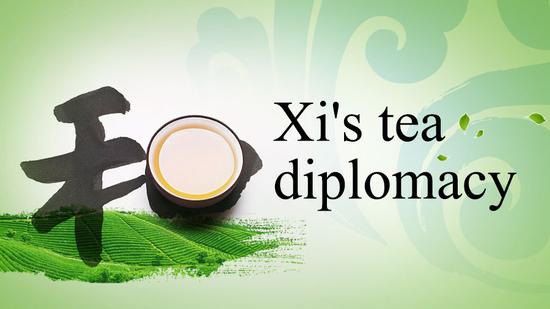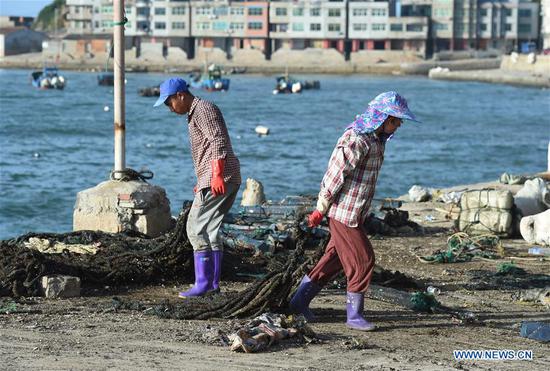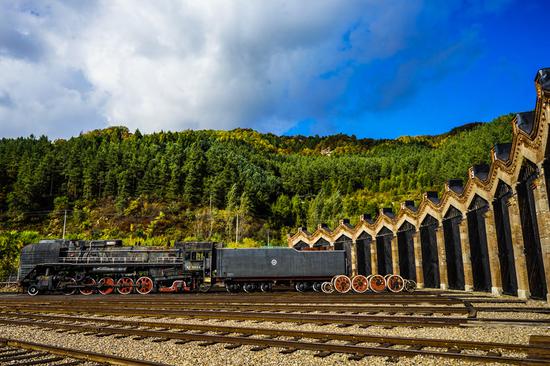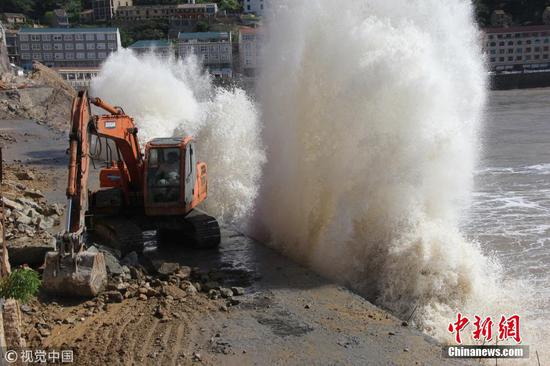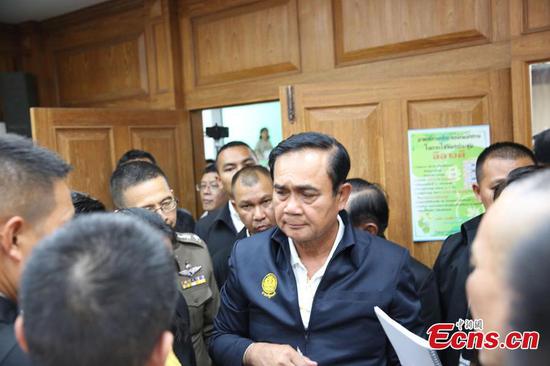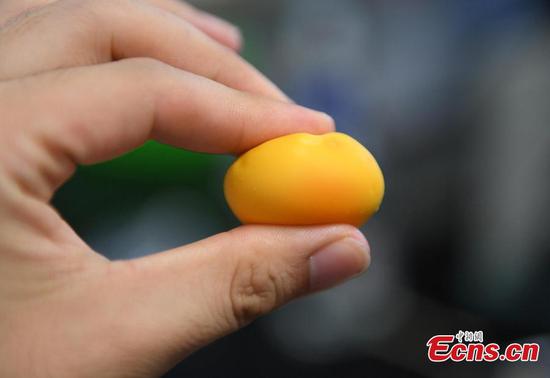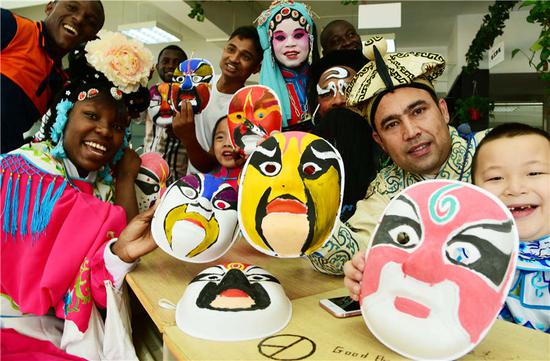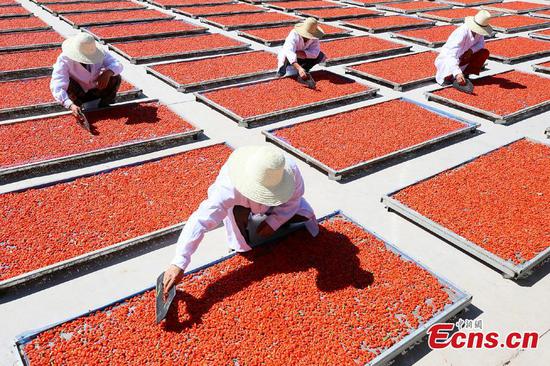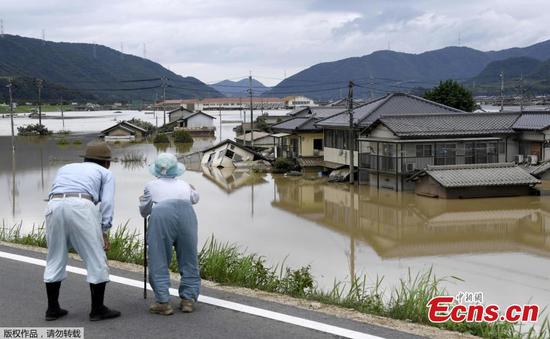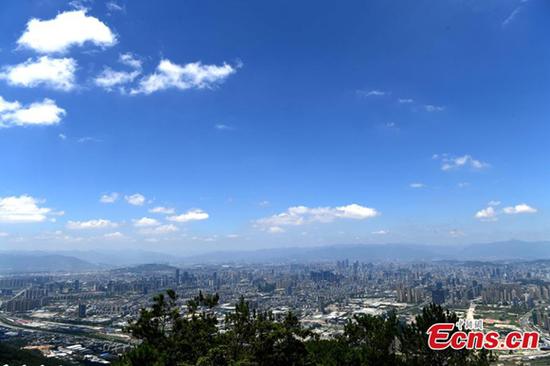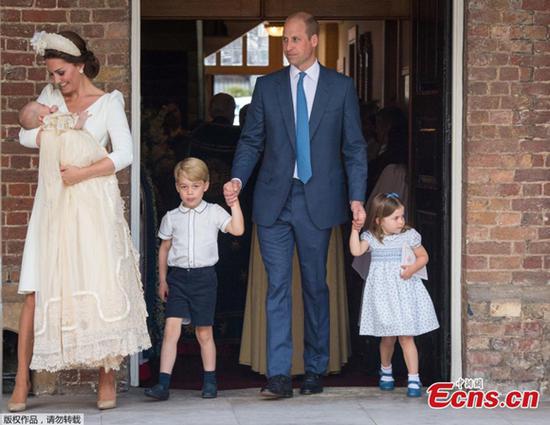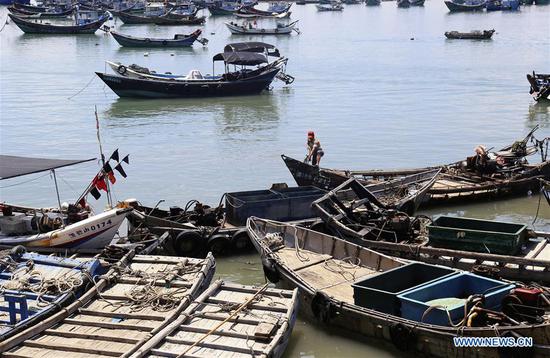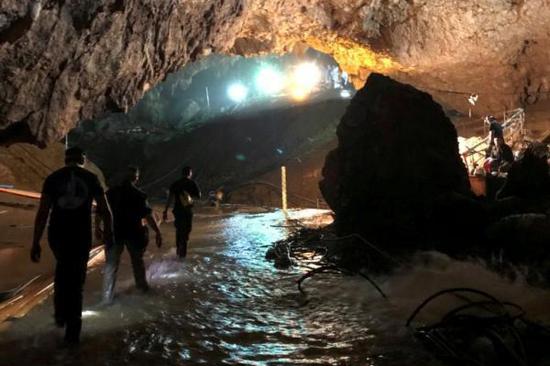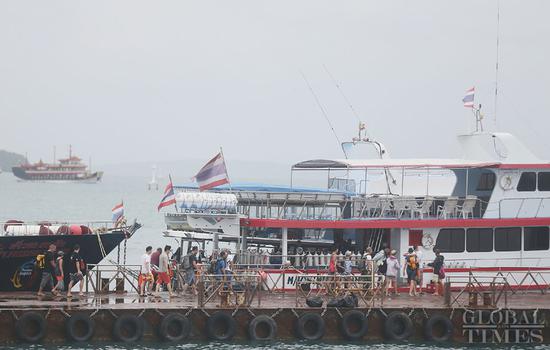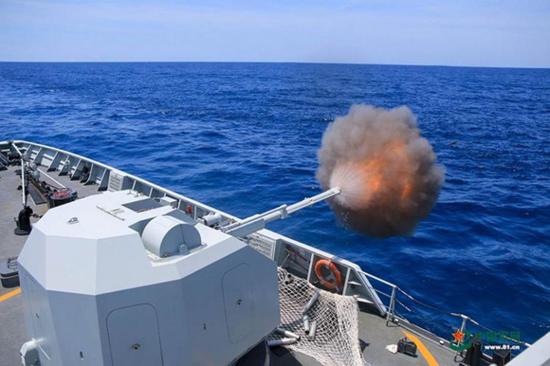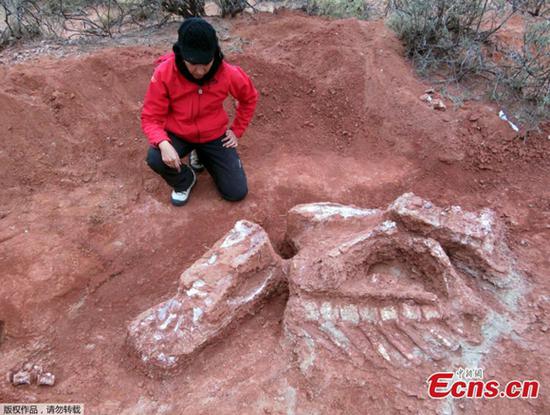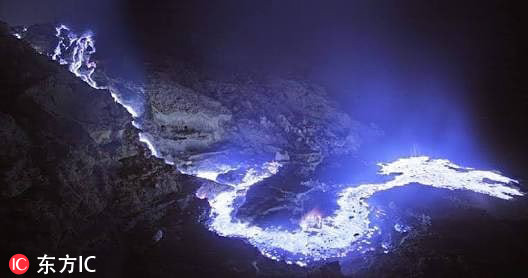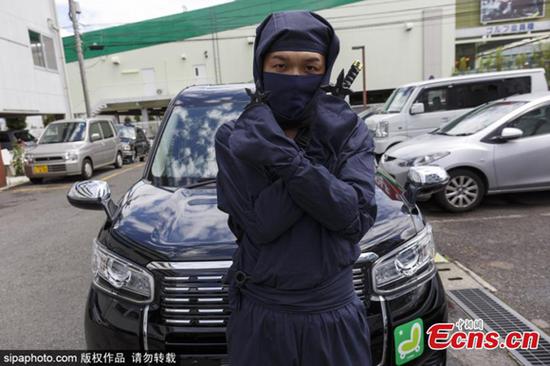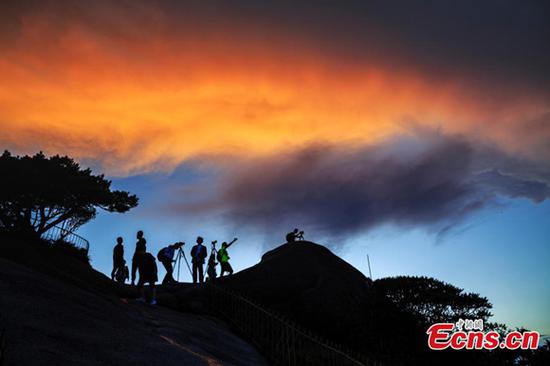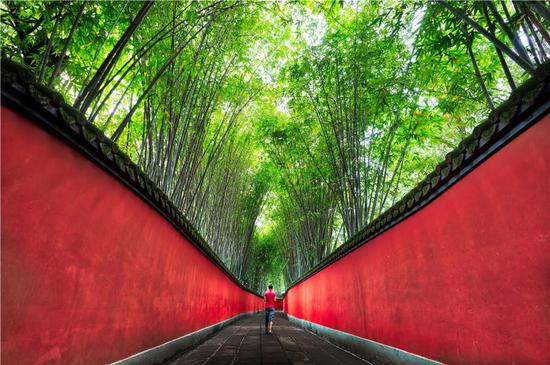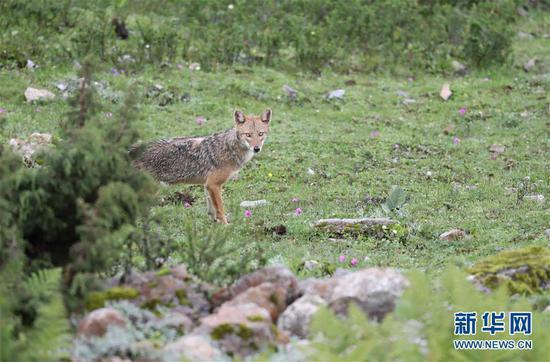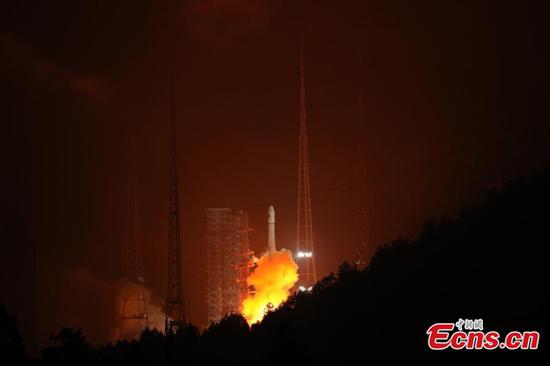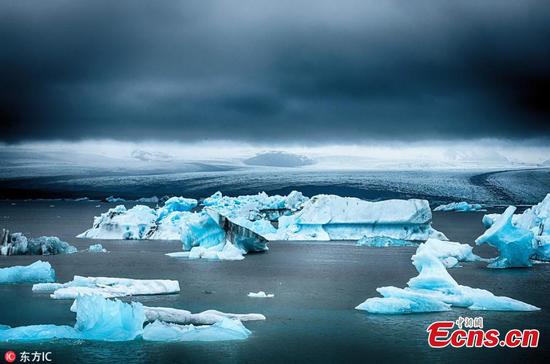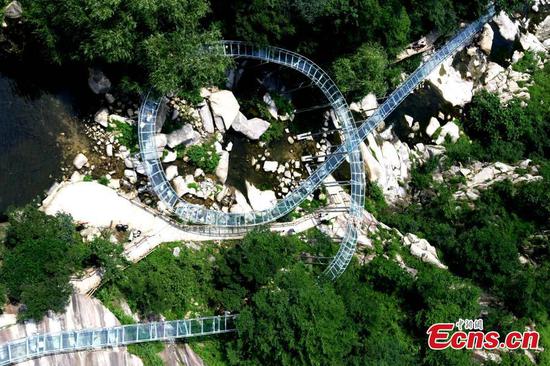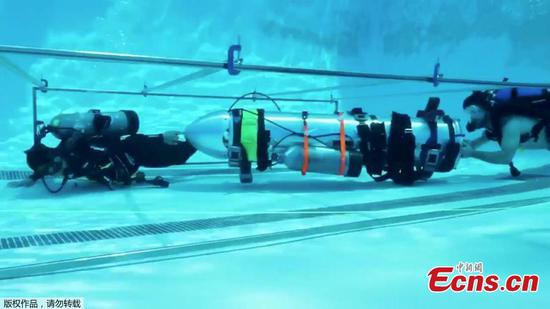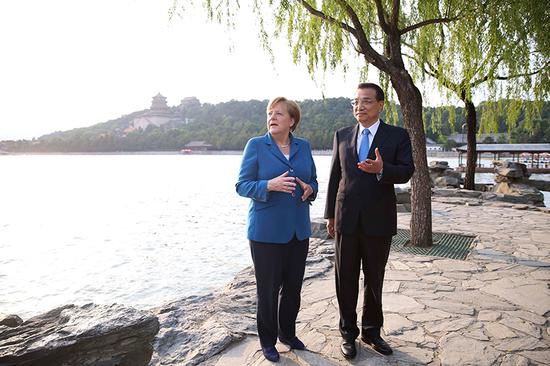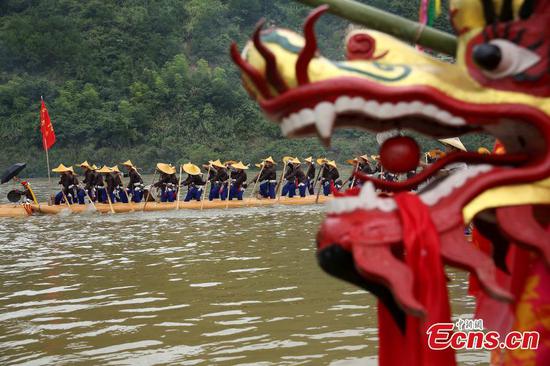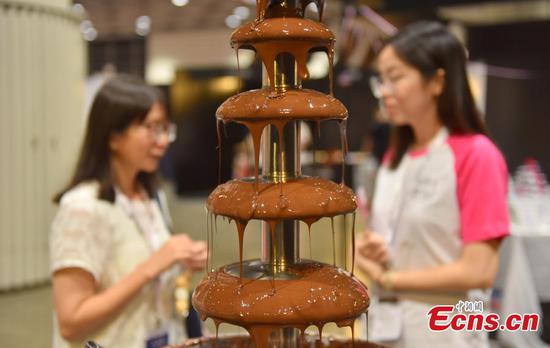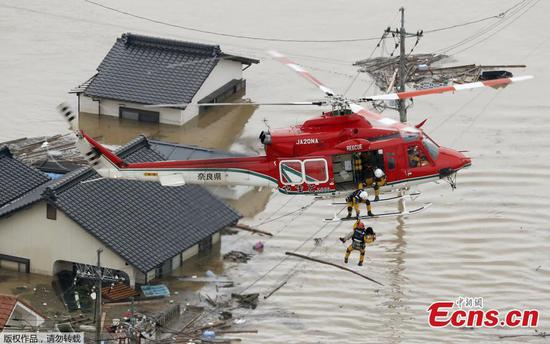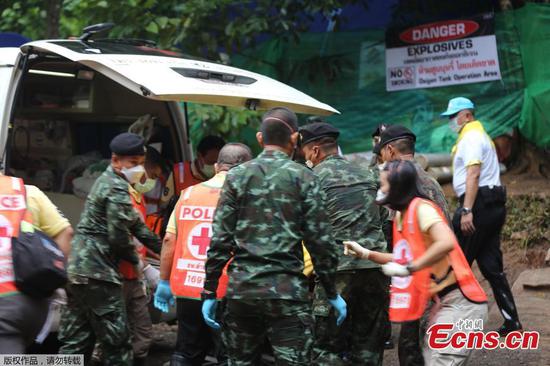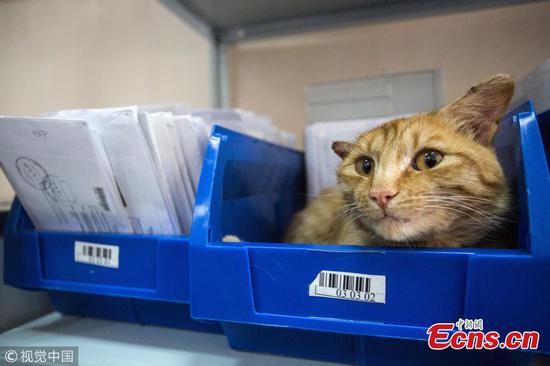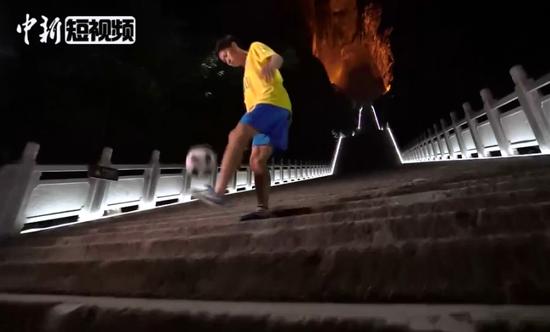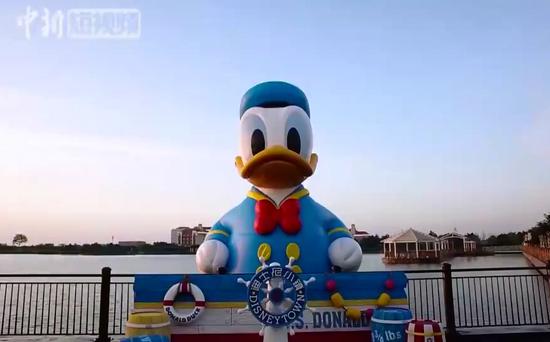U.S. electric car maker Tesla Inc has signed a deal to build a super factory in Shanghai, a major step for the California-based company, which has long planned to open a manufacturing facility in one of its most important markets, although it has been hit by an escalating trade conflict between China and the U.S..
During Tesla CEO Elon Musk's visit to Shanghai on Tuesday, the company inked a deal with the Shanghai Lingang Area Development Administration and Lingang Group for a "Gigafactory" in the city, according to a report on news website sina.com.
The factory will serve multiple purposes, including research and development, manufacturing and sales, the report said. Once completed, the facility will have a production capacity of 500,000 vehicles a year.
Although Tesla has signed the deal, construction on the factory could be months away as the company has yet to even purchase land, according to a report on financial news website caijing.com. Tesla won't produce battery cells at the Shanghai factory, the report said.
Tesla, which saw its revenue double to more than $2 billion in China in 2017, has long been planning to open a manufacturing base in Shanghai, but talks had dragged on because the company refused to form a joint venture with a local Chinese partner, according to media reports.
Foreign carmakers had been required to form a joint venture with Chinese partners when setting up manufacturing facilities in China, but in April the country announced it would scrap this requirement for all carmakers over the next five years, and the requirement for electric carmakers would be canceled as early as this year.
Tesla's factory deal on Tuesday also came after China slapped a hefty tariff on imported cars in response to punitive tariffs from the U.S. government on Chinese goods. Hit by the tariffs, Tesla hiked prices for its cars in China by as much as $30,000.
The deal, which is said to be the largest manufacturing project in Shanghai by a foreign company, coincided with the Shanghai municipal government's announcement on Tuesday that it would take as many as 100 measures to further open up to foreign companies.









